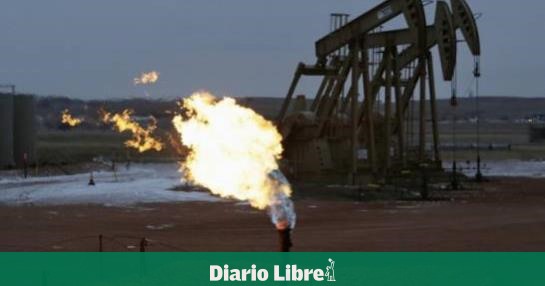The price of Petroleum Texas Intermediate (WTI) rose 0.86% this Friday and closed at 115.07 dollars a barrel, continuing the climb of recent days due to the start of the travel season in the United States and the possibility of a European veto on Russian crude.
At the close of trading on the New York Mercantile Exchange (Nymex), WTI futures contracts for July delivery gained 98 cents from the previous close.
The rise was much less pronounced than the day before, but the Petroleum benchmark in the United States maintained the upward trend that has taken it to its highest level in two months.
The United States Energy Information Administration (EIA) announced this week that crude oil inventories in the country fell by one million barrels last week, given the increase in refinery production before the arrival of the summer season, which is linked to a greater demand for gasoline for travel.
Likewise, gasoline inventories were also reduced by 500,000 barrels, although those of derivative products rose by 1.7 million.
The demand in the US, added to the possible agreement between the countries of the European Union (EU) to veto imports of Petroleum Russian and the lifting of some restrictions due to covid-19 in China, explains the rises that the price of a barrel has experienced in recent days.
For the week as a whole, WTI posted a clear rise after ending Tuesday below $110.
Meanwhile, gasoline futures contracts due in July rose 14 cents to $4.01 a gallon; and those of natural gas p//ara that same month subtracted 17 cents, up to 8.72 dollars per thousand cubic feet.

















